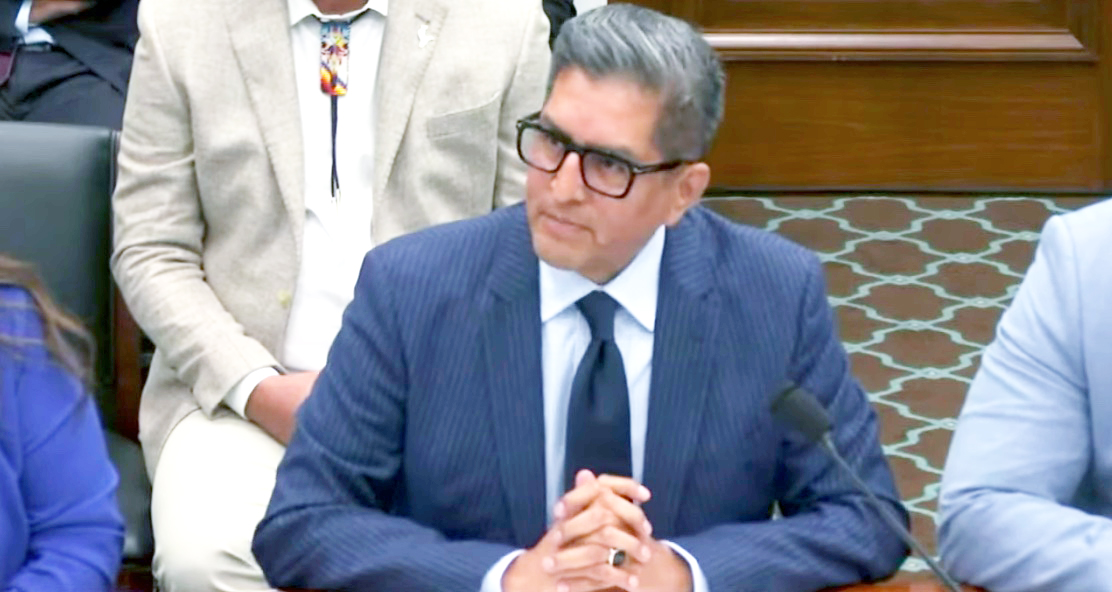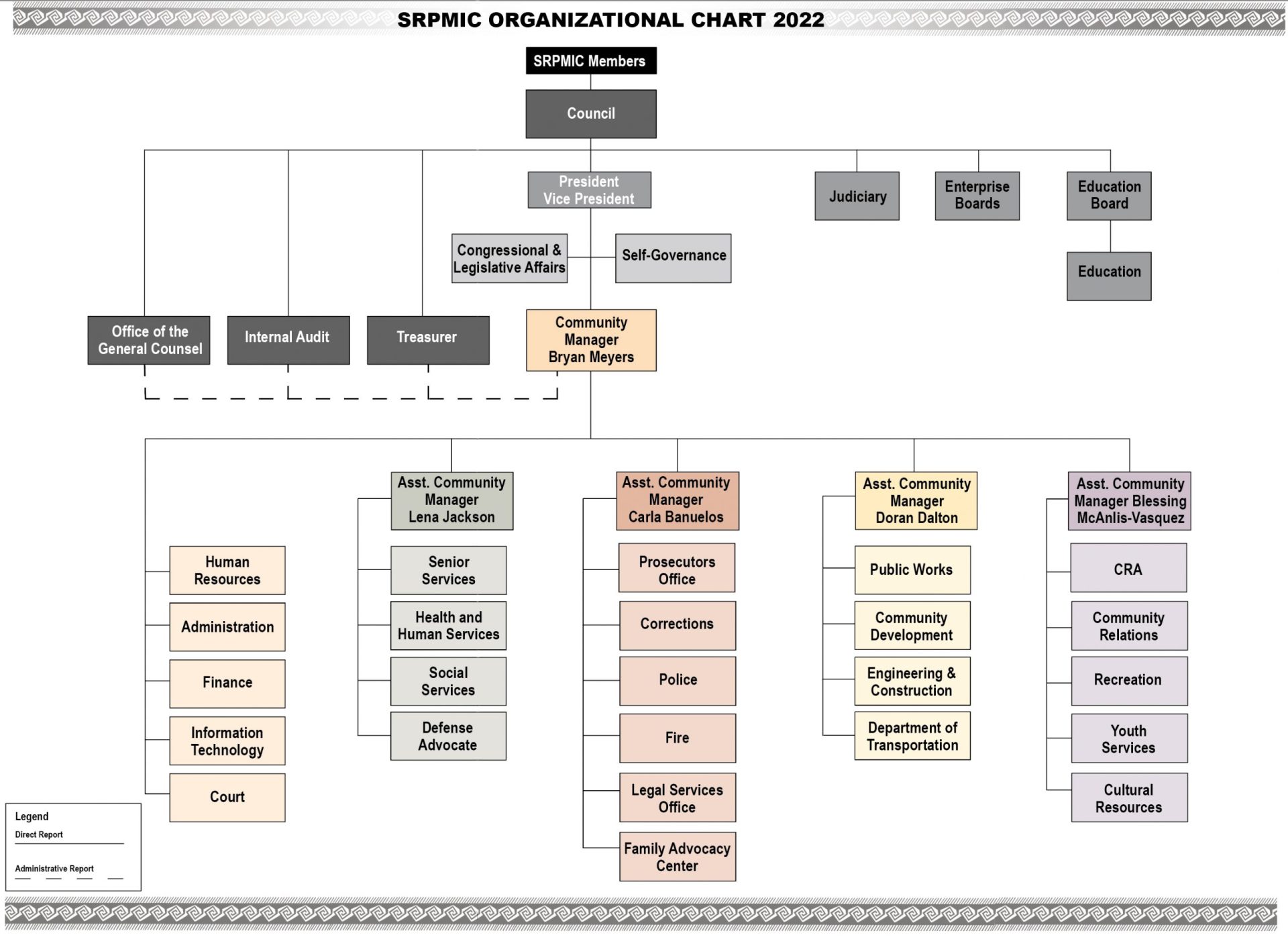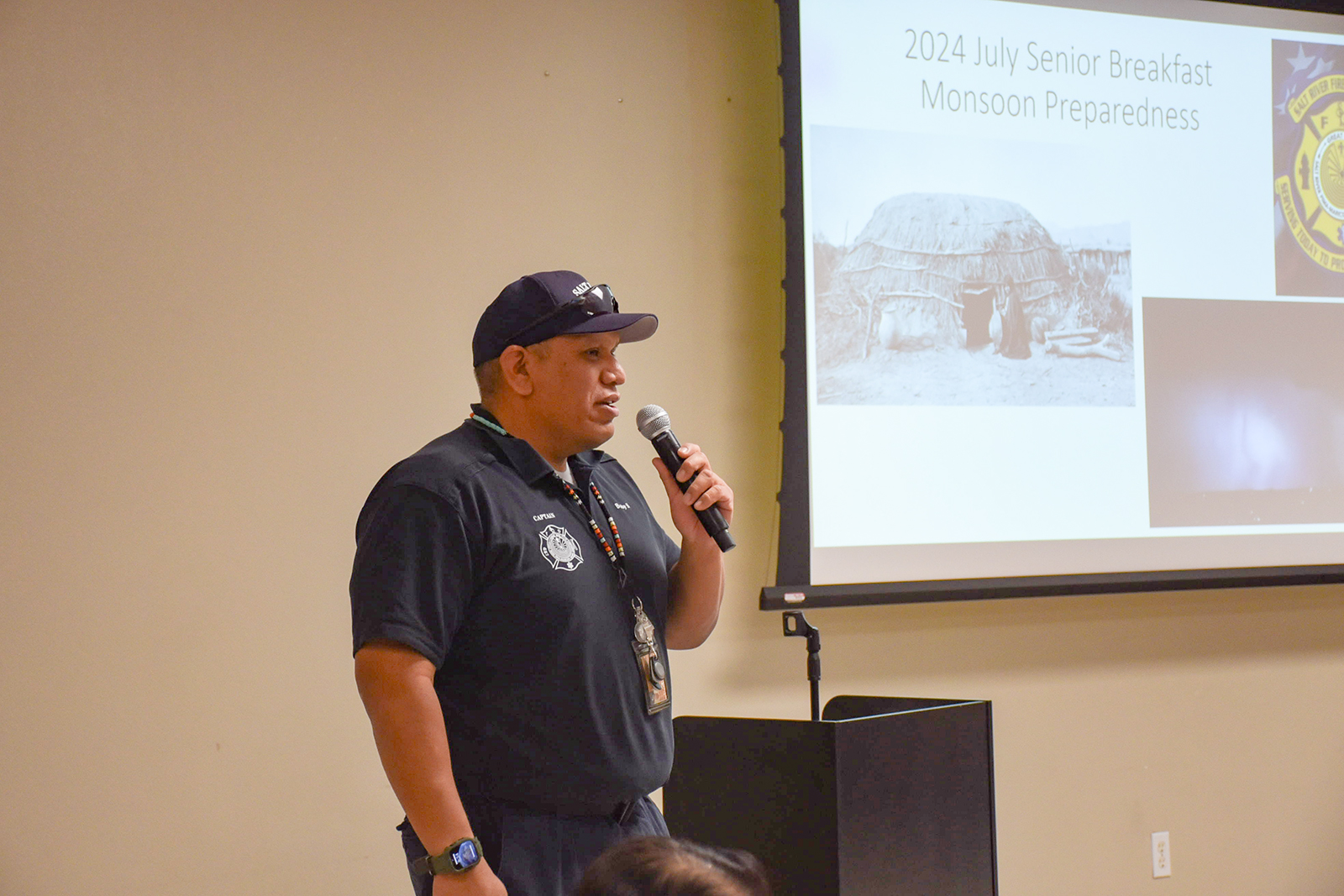VIEWS: 1463
May 16, 2023SRPMIC Representative Testifies at U.S. House Subcommittee Hearing
On April 28, Gary Bohnee, special assistant for the Office of Congressional and Legislative Affairs, Salt River Pima-Maricopa Indian Community, testified at the U.S. House Appropriations Subcommittee hearing “Tribal Perspectives on Housing and Transportation” to discuss the benefits of federal funding to tribes.
The hearing occurred at the end of the Inter-Tribal Association of Arizona Impact Week, in Washington, D.C., so OCLA staff were available to provide testimony on behalf of the SRPMIC.
Bohnee, who is an enrolled member of the Gila River Indian Community, talked about the unique transportation issues affecting tribal communities such as the SRPMIC, which has more than 650,000 vehicles traveling across its lands daily.
“While our connectivity with other jurisdictions encourages economic development, it also creates unique negative impacts,” Bohnee told the subcommittee. “Most notably, a significant number of vehicles use the SRPMIC’s surface roads as an alternative to regional arteries. This ‘cut-through’ traffic increases wear and tear on roads and creates the potential for safety issues in and around our residential areas.”
The testimony reflects statements the SRPMIC has made in the past regarding the funding shortfalls from federal agencies for road maintenance and construction.
On an annual basis, the SRPMIC receives $92,000 for road maintenance from the U.S. Department of the Interior, Bureau of Indian Affairs, which represents 6.5% of the total need. As a result, the SRPMIC supplements the federal funding with nearly $1.4 million each year.
For the Community’s five-year new-construction plan, BIA funding will provide only 3%, or $7 million, of the overall budget.
About 25% of the 190 miles of roadway in the Community is unpaved, and the Community said that, currently, there is not enough money to meet the basic maintenance needs of SRPMIC’s roads, let alone support construction of a robust 21st-century transportation system.
The SRPMIC has successfully applied for U.S. Department of Transportation funds, such as the $49 million award from the USDOT Nationally Significant Federal Lands and Tribal Project program in 2019, which will support the Pima Road Redevelopment project between the Community and the City of Scottsdale. The project is expected to break ground in November.
However, Bohnee noted that that project was the only one awarded funding from the program, which primarily funds work within Indian Country.
“If the [sub]committee is serious about addressing the needs of Native American tribes, the time has come to ensure that more of these transformative grants are awarded for projects on tribal lands,” he said.
Representatives from the Comanche Nation, the Santa Rosa Indian Community, the Pokagon Band of Potawatomi Indians, and other tribal nations also testified during the subcommittee hearing.







